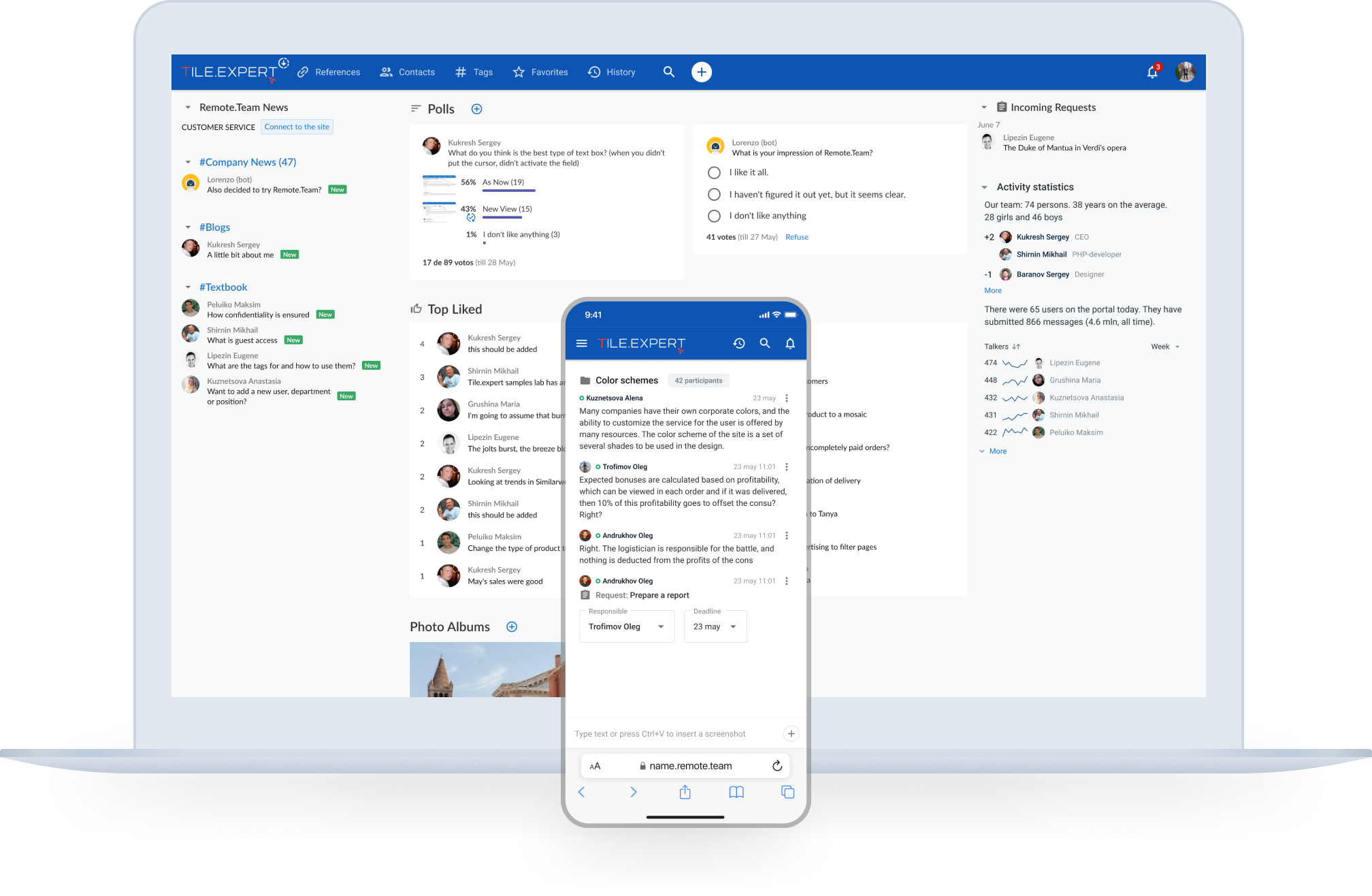I Built a $20K/Month Chat Platform for Teams
Who are you and what business did you start?
My name is Stanislav, and I manage the development of Remote.Team. We are developing a tool for convenient and efficient management of distributed teams. Our clients range from IT startups and digital studios to large government organizations that value speed, security, transparency and ease of communication. The thing about Remote.Team is that we combine everything you need in a single place: from chat and task management, to surveys and an online consultant widget for a website. We automate all of this routine and help businesses grow faster.
Right now, the service is making about $20k monthly.
P.S. If your remote work is an eternal chaos - come in, we'll help you put things in order!

My image
How do you come up with the idea for Remote.Team?
How did you come up with this business idea? It all started with our own pain of finding a service for collaborative work. But everywhere was the same:...









